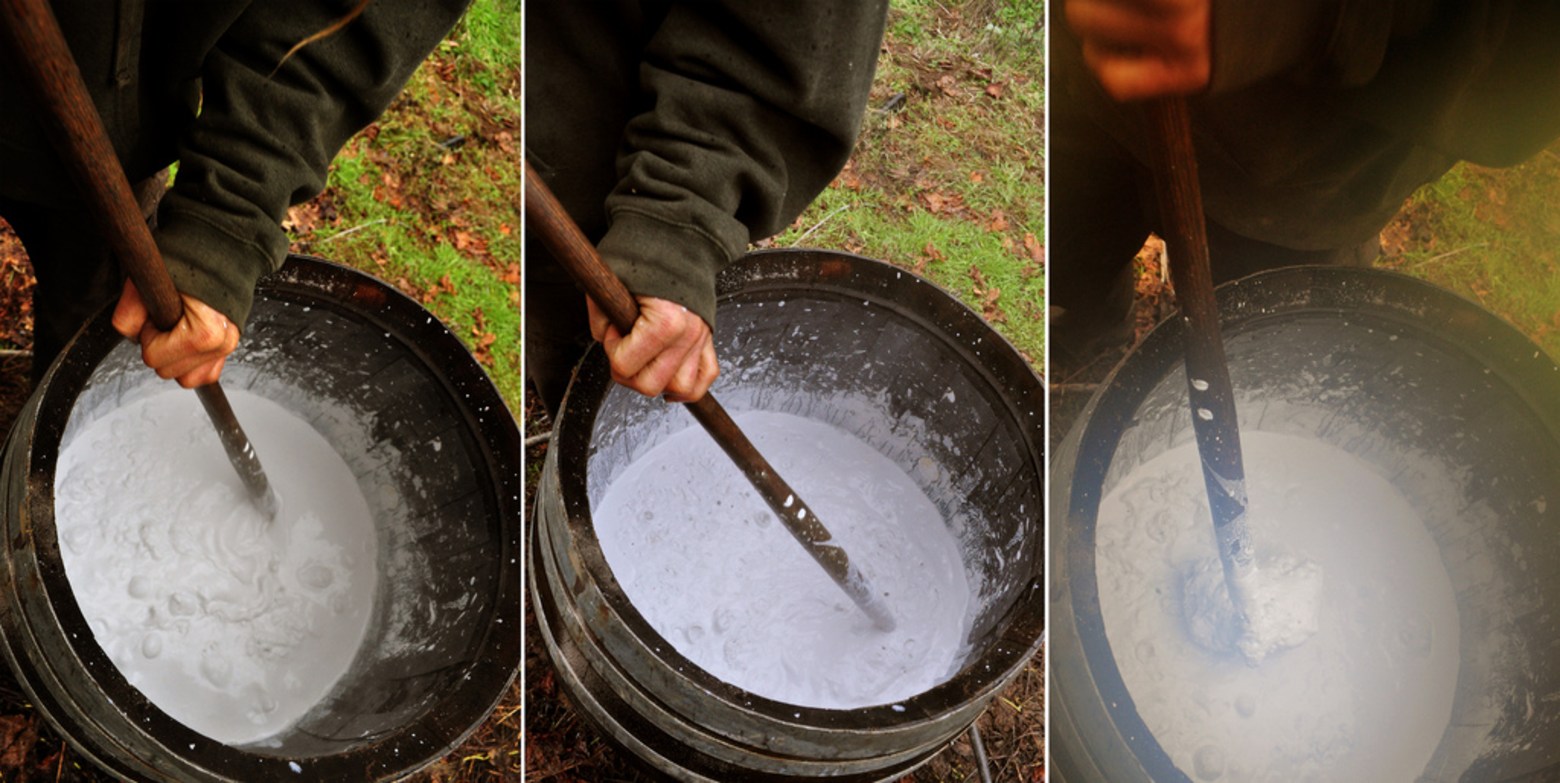If 32.5 grams of CaO are dissolved in 212 grams of water, what is the concentration of the solution in percent by mass?
1 Answer
This can't be answered.
Explanation:
The problem with this question is that you can't really have an aqueous solution of calcium oxide,
"CaO"_ ((s)) + "H"_ 2"O"_ ((l)) -> "Ca"("OH")_ (2(aq)) + "energy"
Keep in mind that this reaction is highly exothermic!
So, you can't talk about a solution that contains calcium oxide, which you'll maybe recognize as quicklime, because calcium oxide does not exist as such in aqueous solution, it exists as calcium hydroxide, or slacked lime.
Moreover, you should also keep in mind that calcium hydroxide is not that soluble in water to begin with, so chances are that some calcium hydroxide will precipitate out of the solution.
In your case, you're mixing
32.5 color(red)(cancel(color(black)("g"))) * "1 mole CaO"/(56.0774color(red)(cancel(color(black)("g")))) = "0.5796 moles CaO"
and
212 color(red)(cancel(color(black)("g"))) * ("1 mole H"_2"O")/(18.015color(red)(cancel(color(black)("g")))) = "11.768 moles H"_2"O"
so the reaction will produce
This is equivalent to
0.5796 color(red)(cancel(color(black)("moles Ca"("OH")_2))) * "74.093 g"/(1color(red)(cancel(color(black)("mole Ca"("OH")_2)))) = "42.9 g"
of calcium hydroxide. So your resulting solution will contain
"11.768 moles " - " 0.5796 moles" = "11.188 moles H"_2"O"
which is equivalent to
11.188color(red)(cancel(color(black)("moles H"_2"O"))) * "18.015 g"/(1color(red)(cancel(color(black)("mole H"_2"O")))) = "201.6 g"
of water and
 http://pics.onemusic.tv/download/slaking-CaO-H2O-gt-CaOH2-heat-after-quite-a-bit
http://pics.onemusic.tv/download/slaking-CaO-H2O-gt-CaOH2-heat-after-quite-a-bit
As a final note, the calcium hydroxide that does dissolve in water will dissociate completely
"Ca"("OH")_ (2(aq)) -> "Ca"_ ((aq))^(2+) + 2"OH"_ ((aq))^(-)
which is why calcium hydroxide is considered a strong base.

